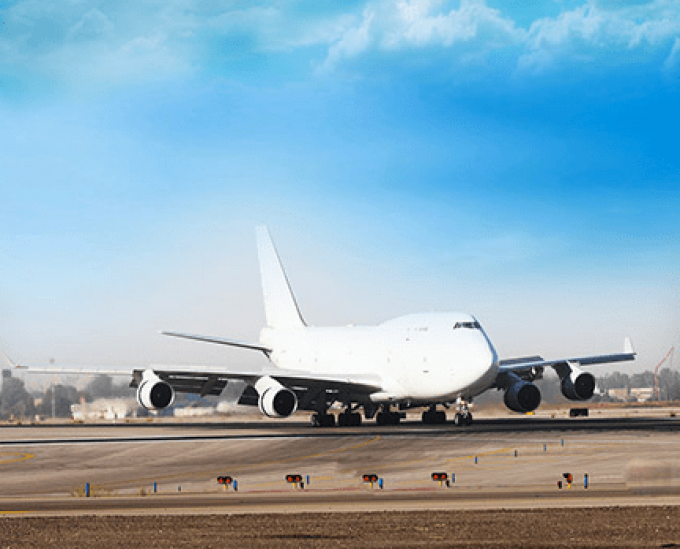Middle East airfreight capacity plummets as carriers suspend services
Airfreight capacity in the Middle East has plummeted since the outbreak of hostilities between Israel ...

The row between ACE Belgium Freighters and Alaska Central Express (Ace Air Cargo) over its name is probably the least of the new Belgian operator’s problems.
It emerged this week that the fledgling carrier, which received its first 747-400F from sister airline CAL in April, has come under ...
CMA CGM South Korean staff strike over bonuses after bumper 2024 profit
MSC switches two more Asia-Europe port calls from congested Antwerp
CMA airline returns two freighters, while ANA takeover of NCA looms
Nightmare for Bangladeshi exporters as congestion and tariffs bite
Tradelanes: Export boom in Indian sub-continent triggers rise in airfreight rates
Carriers introduce surcharges as congestion builds at African ports
Ports and supply chain operators weigh in on funding for CPB
Box ship overcapacity threat from carrier appetite for new tonnage

Comment on this article
Jonathan Holmes
May 28, 2019 at 8:08 amAs the article alludes to, what freighter operators are in financial distress this year?
We know NCA lost $145 Billion for their fiscal 2018 (ending March 31st). But that is due to some extraordinary circumstances. Who are the big losers so far in 2019?
Alex Lennane
May 28, 2019 at 11:53 amThanks for your comment – can I just check that the figure above is yen?